Agricultural production according to the linked value chain is a sustainable direction, helping to improve operational efficiency and increase farmers' income. This is the premise to ensure that the participants in the value chain share benefits, responsibilities and invest more effectively.
Forming a chain of links
According to the Provincial Cooperative Union, in 2023, the collective economy and cooperatives in the province will continue to innovate and develop in both quantity and quality. Many cooperatives will proactively seek outlets for agricultural products through the formation of value chains linked in production and consumption, becoming a reliable support for farmers.
From the orientation of small-scale, manual production to the application of science and technology, forming product value chains and digitizing stages from management, production, processing to market access and product sales, up to now, the whole province has had 31 products of 18 agricultural cooperatives recognized by the province as 3-4 star OCOP.
Successful with the Hoa Vang fragrant rice brand achieving 3-star OCOP, in recent times, An Nghiep Agricultural Cooperative (Tuy An district) has always been a bright spot for other cooperatives to learn from in supporting members to develop the value chain from production, processing to product consumption.
Mr. Nguyen Tan Khoa, Director of this Cooperative, said: Building a chain of links and having commercial products has helped the Cooperative gain a foothold in the market and expand production cooperation relationships. Now, not only do people trust, but many partners also seek to cooperate in consuming products with the Cooperative. Currently, the Cooperative continues to implement the production linkage model, creating 2 new products: Hoa Vang fragrant rice and Hoa Vang brown rice with the blood dragon rice variety to register to participate in the OCOP program.
Not only linking production on rice, the cooperatives also do it with corn, cassava, lotus, pineapple, watermelon... According to Mr. Vo Van Di, Director of Hoa Phu Agricultural Service Cooperative (Tay Hoa district), in addition to rice, the cooperative has linked with Phu Yen Biotechnology Development Joint Stock Company to support providing seeds for people to grow biomass corn with an area of over 10 hectares; at the same time, purchasing all products at stable prices.
“To link production in the chain to ensure stable output, recently, the Cooperative continued to implement the lotus growing model and linked with Dai Viet Lotus Food Joint Stock Company (Dong Thap province) to sign a contract to purchase lotus products. Currently, more than 2 hectares have been planted and the Cooperative is continuing to rent land for new planting, trying to expand the lotus growing area to more than 20 hectares by 2025,” said Mr. Di.
Cooperation for sustainable development
Affirming the approach through the value chain, at the recent 8th meeting of the Executive Committee of the Provincial Cooperative Union, term VI, term 2020-2025, many delegates shared the difficulties and problems in the operation, production and business of cooperatives and proposed solutions to support and overcome them to continue to innovate, develop and improve the efficiency of the collective economy in the new period.
According to Mr. Nguyen Du, Director of Xuan Phuoc Agricultural Service Cooperative (Dong Xuan district), production linkage not only helps farmers get guaranteed products but also contributes to changing crop structure as well as exploiting land potential, helping to maintain production even in unusual weather conditions.
Mr. Du expressed: “For the cooperative, this is also a premise for implementing the linkage chain, increasing the value of agricultural products. The cooperation with enterprises has helped the cooperative build 12 production models on 172 hectares with 992 participating households; of which, rice is 116 hectares, corn is 15 hectares, peanuts are 4 hectares, cassava is 30 hectares and peanuts mixed with cassava are 7.2 hectares. Recently, the cooperative's peanut oil product has just been recognized as an OCOP product after 3 years of being granted a certificate of meeting standards, creating motivation for the cooperative to continue to link up to develop production."
Mr. Pham Tan Tho, Director of Hoa Hoi Agricultural Service Cooperative (Phu Hoa district) shared: “Market prices change constantly, producers always have difficulty in selling their products. To solve the difficult problem of prices and output for agricultural products, the Cooperative cooperated with Khai Dien Agricultural Products Company Limited to support the provision of seeds for organic watermelon cultivation on an area of 50 hectares; at the same time, signed a contract with the company to purchase stably for 5 years, so farmers can feel secure in production and continue to expand the area.”
Talking about value chain linkage, Mr. Le Thanh Lam, Chairman of the Provincial Cooperative Union said: When farmers are cooperative members participating in chain linkage models, they will be guided on production processes, management methods, and community production organization; guided on the application of new scientific and technical advances in production; and at the same time, their products will be guaranteed and will not be forced to lower prices by traders.
For companies, enterprises and cooperatives, it is necessary to proactively source high-quality raw materials, large output of goods, uniformity in varieties, product quality and meet the increasing demands of the export market.
“In reality, linking production according to the value chain has brought benefits to cooperatives and members, contributing to reducing many intermediary steps, reducing costs, lowering prices, increasing product value, etc. This is a positive factor contributing to the construction of new rural areas, making an important contribution to the socio-economic development of the province. The linkage will become sustainable when farmers' awareness and responsibility are raised. People see the practical benefits of joining cooperatives, not chasing after mere profits or breaking the linkage,” Mr. Lam affirmed.
By 2030, the province strives to have 5 cooperative unions, over 300 cooperatives, 170 cooperative groups; over 45 value chain models linked to OCOP product development, high technology application, sustainable development with the participation of agricultural cooperatives; each district, town, and city has 15-20 new cooperative models, high technology application linked to product value chains, sustainable development.
Mr. Le Thanh Lam, Chairman of the Provincial Cooperative Union |
THAI NGOC
Source




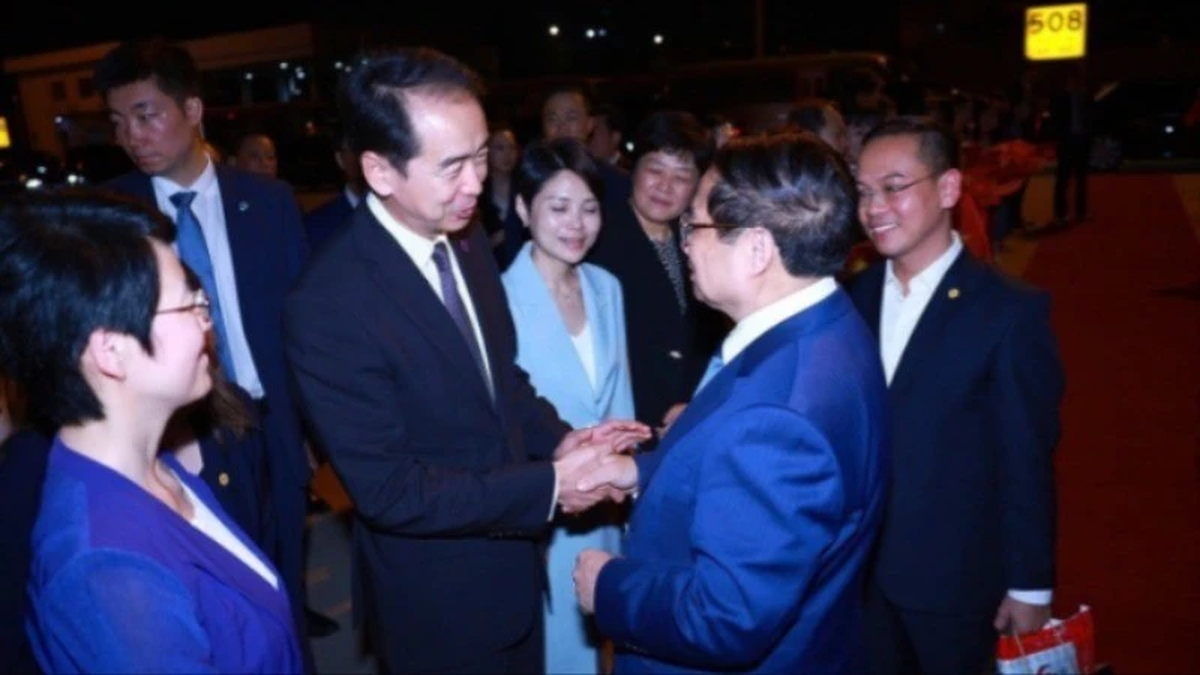

![[Photo] Cuban artists bring "party" of classic excerpts from world ballet to Vietnam](https://vphoto.vietnam.vn/thumb/1200x675/vietnam/resource/IMAGE/2025/6/26/797945d5d20b4693bc3f245e69b6142c)

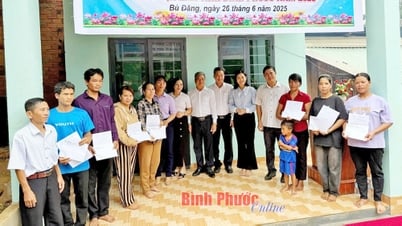

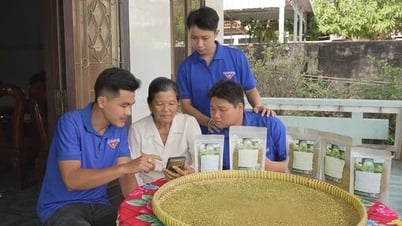







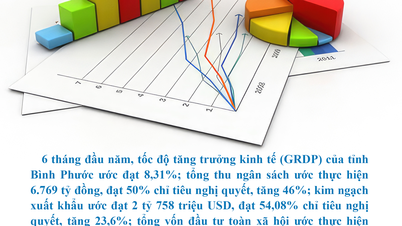



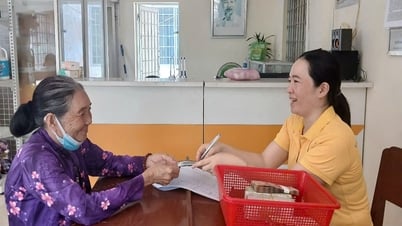
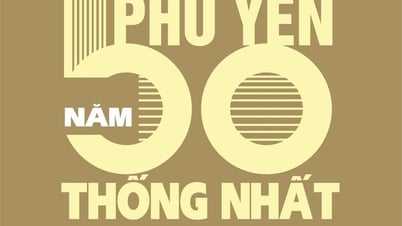
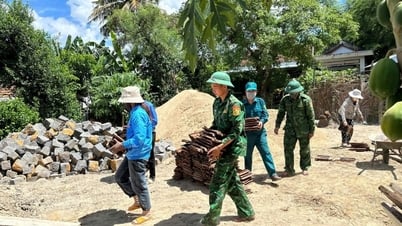
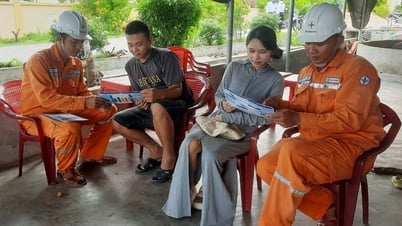




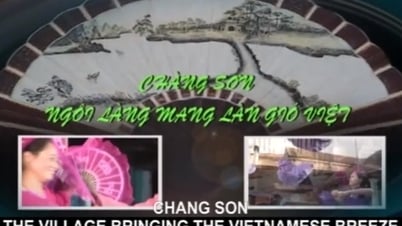
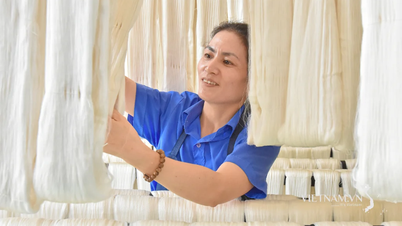
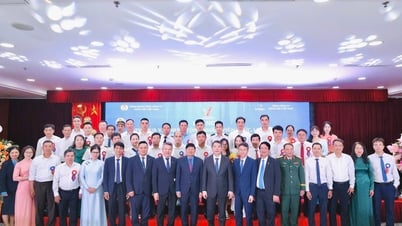




![[Photo] General Secretary To Lam receives Australian Ambassador to Vietnam Gillian Bird](https://vphoto.vietnam.vn/thumb/1200x675/vietnam/resource/IMAGE/2025/6/26/ce86495a92b4465181604bfb79f257de)




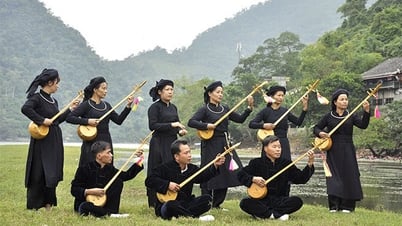

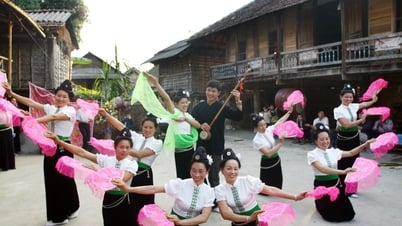

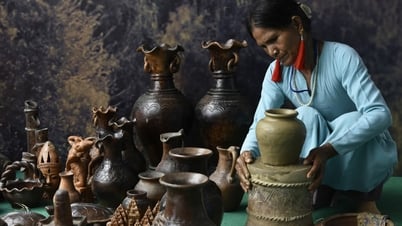

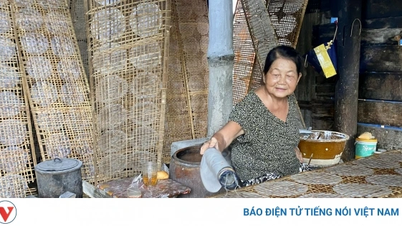


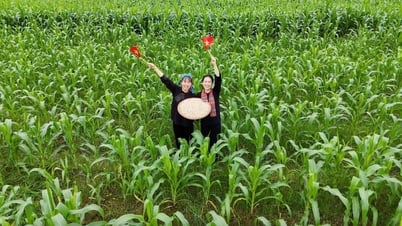

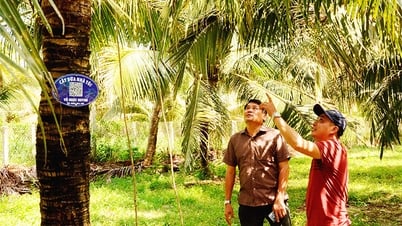



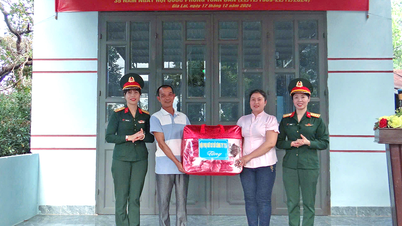
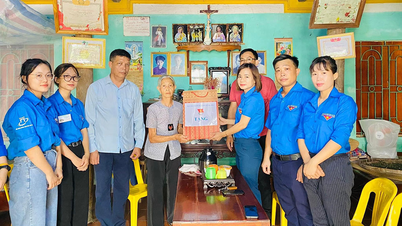






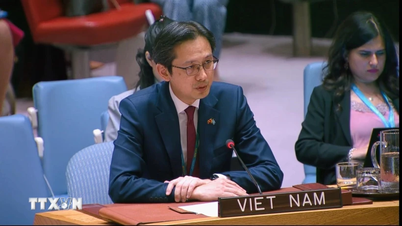
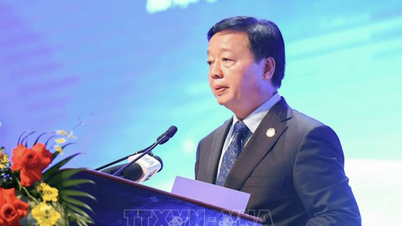




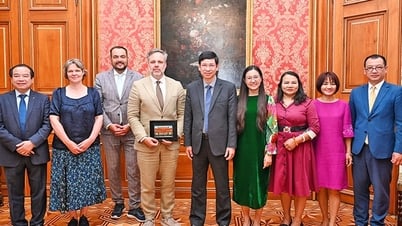

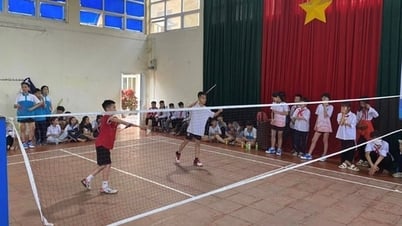


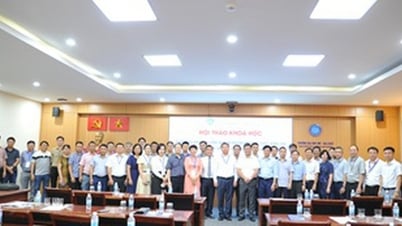




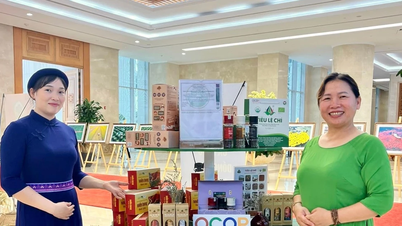

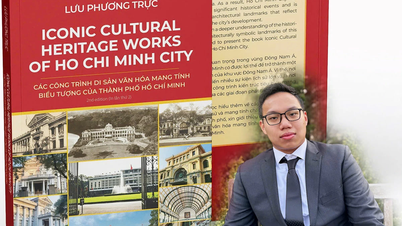


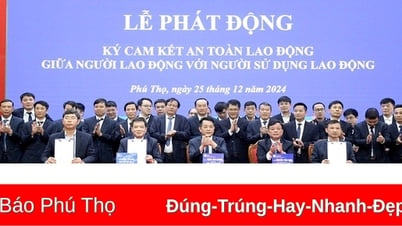

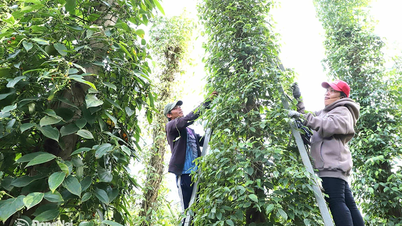





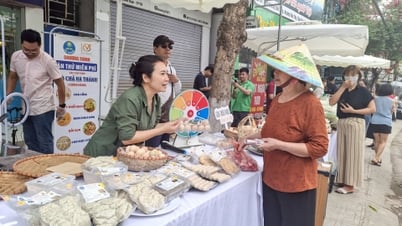







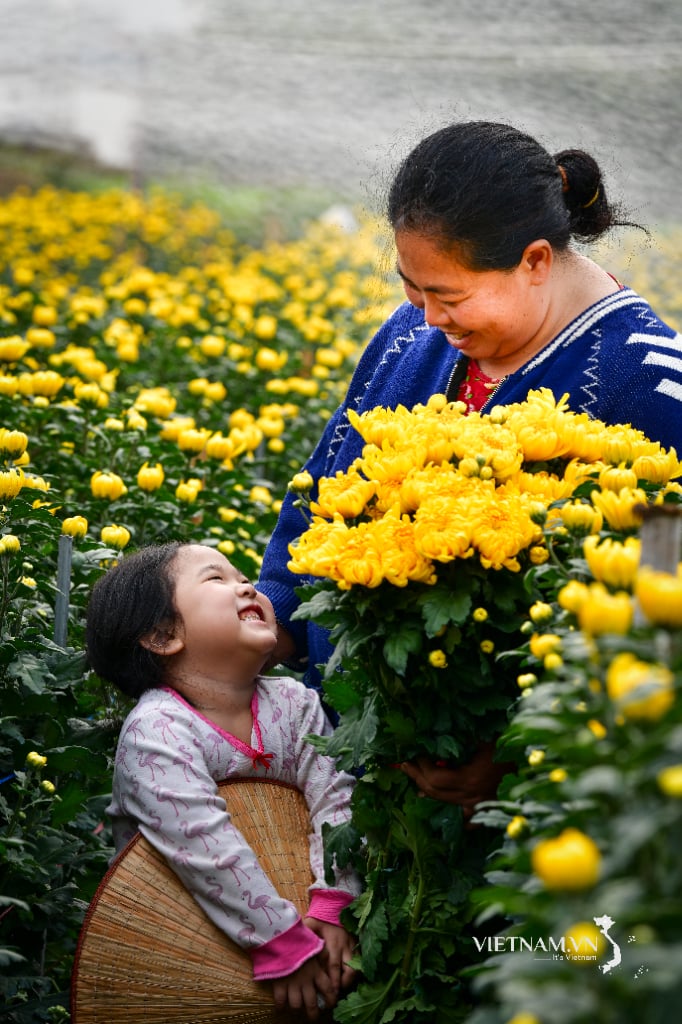
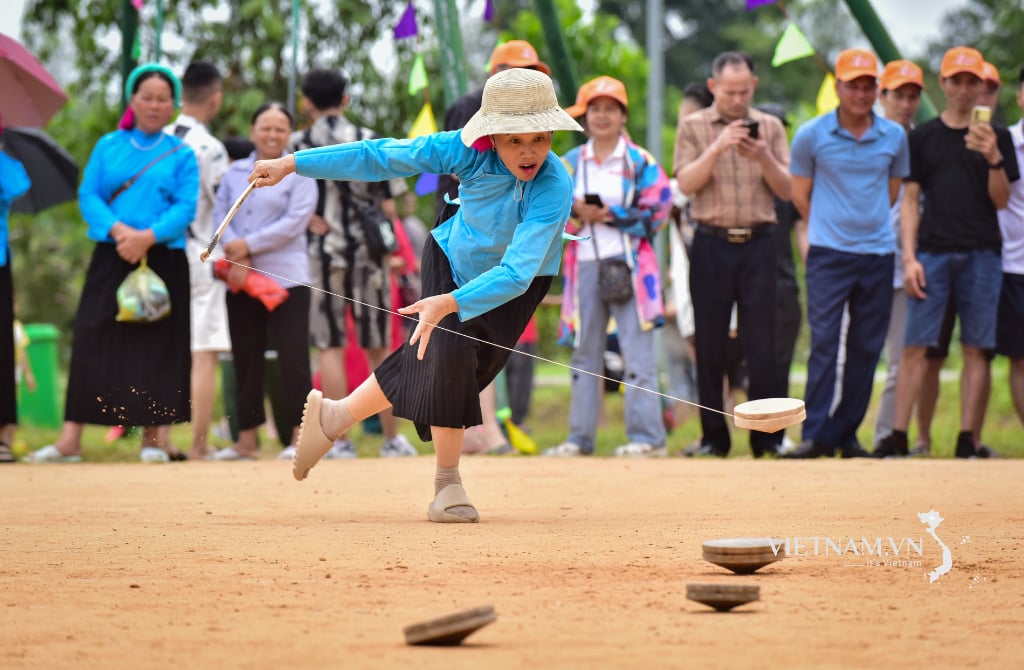
Comment (0)